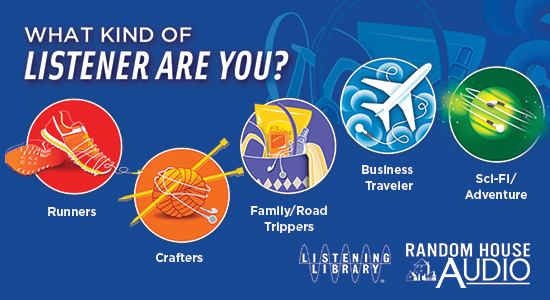Robin Williams Suicide Puts Spotlight on Depression
August 12, 2014
Details are still emerging but the world is reeling from the shocking death of actor, Robin Williams. Known for his high energy and quick wit, many find it hard to believe that he battled such severe depression. Yes, even funny people can suffer from the disorder. The surprising end to this colorful life is an example of how well people can hide how much they are suffering – but there are usually things that we can look for. See this tragic occasion as an opportunity to become familiar with the signs of depression and what you can do to help.
Addiction
It’s no coincidence that many people who commit suicide, including Robin Williams, also battled substance abuse. It’s complicated, however, to determine which comes first – the depression or the addiction. What is known, though, is that depression can cause overwhelming feelings of sadness, hopelessness, isolation and many other emotions. As a result, some people self-medicate by abusing drugs or alcohol. Unfortunately, this can make their symptoms worse. When the chemicals leave their body, they feel lower than they had initially. If someone you know is dealing with substance abuse, they could also be suffering from depression.
Post-Injury/Concussion
When someone is injured and their road to recovery is long (or they are left with permanent damage, in some way), they may find themselves experiencing symptoms of depression. This is especially true if the circumstances around their injury were traumatic. New research suggests that those recovering from concussions may be predisposed to depression. In two separate studies focusing on 34 retired NFL players, the data collected supported the belief that those with a higher number of career concussions were more likely to exhibit depressive symptoms.
Depressed Seniors
There are many things to look forward to in our golden years – retirement and grandchildren, for example – but older age brings its own set of unique challenges. As we age, it’s more common for us to lose the people we love – including our siblings, closest friends and spouses. We also can begin experiencing health problems which can result in a loss of independence. Those without a strong support system will be especially vulnerable to depression. Sadly, there is an increased risk of suicide among senior citizens.
Postpartum Depression
Pregnancy and childbirth are two of the most beautiful events in a woman’s life but it can also be a very difficult and confusing time. While it’s normal to experience “baby blues” following the birth of a child, there is a point when it becomes a more serious issue. Postpartum depression is characterized by mood swings, insomnia, irritability, lack of interest in the baby, negative feelings towards or fear of hurting your baby, feelings of worthlessness, lack of energy, changes in appetite, loss of pleasure and recurring thoughts of suicide. Most new mothers notice the onset of postpartum depression soon after birth but the symptoms gradually worsen over several months.
High Risk Groups
In addition to senior citizens and new mothers, there are other high risk groups that can be more affected by depression. Teenagers who experience bullying at school or who struggle with coping with the highly emotional transitional stage in life. People going through major changes such as a divorce or job loss. Those among the LGBT community are also especially at risk.
What are the Symptoms?
According to the Mayo Clinic, people who are experiencing a depressive episode may have any of these symptoms throughout the day:
- Feelings of sadness, emptiness or unhappiness
- Angry outbursts, irritability or frustration
- Loss of interest in normal activities
- Sleep disturbances
- Lack of energy
- Changes in appetite
- Anxiety, agitation or restlessness
- Feelings of worthlessness or guilt
- Difficulty thinking, concentrating, making decisions and remembering things
- Persistent thoughts of death and/or suicide
- Unexplained physical ailments
If you or anyone that you know is experiencing any of the symptoms of depression, seek help immediately. Talk to your doctor or mental health professional. Go to the emergency room at a hospital if you are feeling particularly low or suicidal. You may also call the National Suicide Prevention Lifeline for support or resources at 1-800-273-8255. It’s better to overreact than to wait till it is too late.





